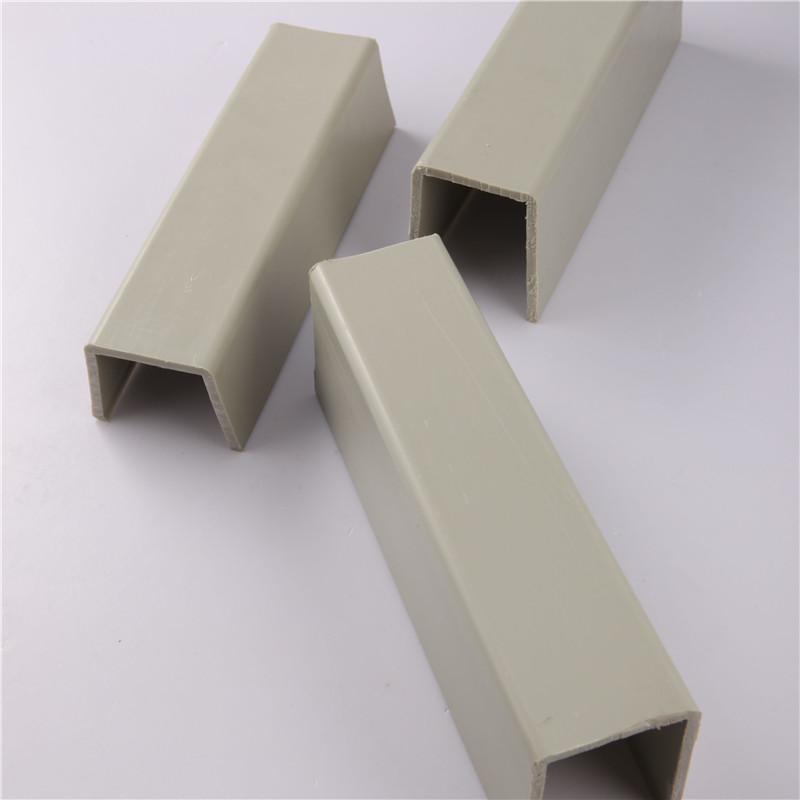sep . 28, 2024 01:25 Back to list
Innovative Applications and Benefits of Polypropylene Panels in Modern Construction
The Versatility and Benefits of Polypropylene Panels
Polypropylene panels are quickly gaining popularity in various industries due to their remarkable properties and versatility. Made from polypropylene, a thermoplastic polymer, these panels are lightweight yet sturdy, making them ideal for numerous applications, ranging from construction to packaging.
One of the primary benefits of polypropylene panels is their resistance to moisture and chemicals. Unlike traditional materials such as wood or cardboard, polypropylene does not absorb water, making it resistant to mold and mildew. This characteristic is particularly advantageous in environments where exposure to liquids is a common issue, such as in food processing or chemical manufacturing. Moreover, polypropylene panels are also resistant to a wide range of chemicals, including acids and bases, which adds to their longevity and durability in industrial applications.
In addition to their moisture and chemical resistance, polypropylene panels are remarkably easy to clean and maintain. Their smooth surface allows for easy washing, making them an ideal choice for sterile environments, such as hospitals and laboratories. The non-porous nature of polypropylene means that dirt and contaminants can be easily wiped away, ensuring a hygienic surface is maintained.
polypropylene panel

The lightweight nature of polypropylene panels also contributes to their appeal
. They are significantly lighter than materials like metal or wood, which reduces transportation costs and makes handling easier during installation. This is particularly beneficial in construction settings, where ease of use can directly impact the efficiency of a project.Another advantage of polypropylene panels is their versatility in design. These panels can be manufactured in various colors, sizes, and textures, allowing for customization that meets specific aesthetic and functional needs. This versatility is why they are increasingly used in interior design, exhibitions, and displays, where both functionality and visual appeal are essential.
Moreover, the environmental impact of polypropylene panels is relatively lower than that of some traditional materials. Polypropylene is recyclable, and its production process can be more energy-efficient than that of alternatives such as metal or glass. By choosing polypropylene panels, businesses can align with sustainability goals while still achieving high performance.
In conclusion, polypropylene panels represent a modern solution to many of the challenges faced in various industries. Their resistance to moisture and chemicals, ease of maintenance, lightweight nature, design versatility, and environmental benefits make them an excellent choice for any application where durability and efficiency are key. As industries continue to seek innovative materials, polypropylene panels are likely to play an increasingly significant role in shaping the future of manufacturing and design.
-
Durable PPR Pipe for Hot & Cold Water Systems - Easy Install
NewsAug.14,2025
-
Durable HDPE Sheet | Versatile & Impact-Resistant Plastic
NewsAug.13,2025
-
Premium PVC Soft Sheets: Clear, Flexible & Durable
NewsAug.12,2025
-
Premium PVC Round Rods: Durable, Chemical Resistant, Easy to Machine
NewsAug.11,2025
-
PP U-channel: Chemical-Resistant, Lightweight & Durable
NewsAug.10,2025
-
Transparent PVC Pipe: Clear Flexible Tubing for Fluids
NewsAug.09,2025

